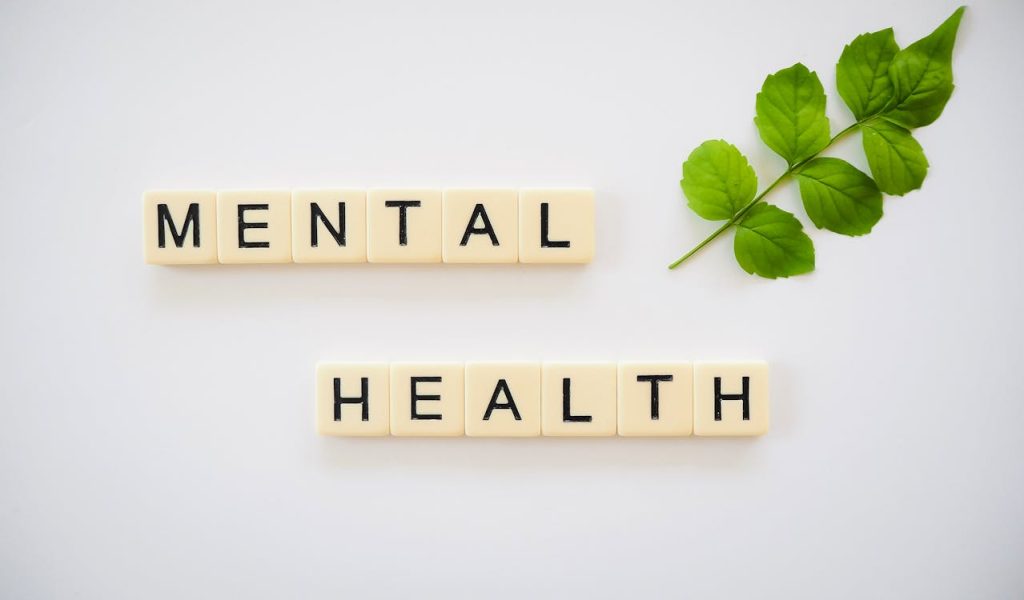In a world where every moment feels like a race against time, resilience has emerged as one of the most coveted attributes of personal success. As technology accelerates the pace of life and challenges continue to mount, the concept of “mental fitness” is gaining traction across industries, conversations, and social media platforms. But what exactly is mental fitness, and why is it so important? In this article, we’ll unpack the rising significance of mental fitness, explore actionable strategies to cultivate resilience, and provide insights to help you thrive, not just survive, in today’s fast-paced world.

What is Mental Fitness?
It refers to a state of emotional and psychological well-being that equips individuals with the tools to navigate stress, adapt to adversity, and maintain balance. Just as physical fitness enhances your body’s ability to perform and endure, mental fitness strengthens your mind’s capacity to handle challenges and thrive under pressure. It’s not about eliminating life’s difficulties; it’s about building the mental and emotional muscle to face them head-on.
Unlike traditional mental health approaches, which may focus on addressing issues like anxiety or depression, mental fitness emphasizes proactive and preventive measures. This includes fostering positive habits, building emotional intelligence, and practicing mindfulness techniques that allow individuals to live more fully in the present.
Why Mental Fitness Matters More Than Ever
The 21st century has introduced unique stressors that have redefined how we live and work. Among these are the constant notifications from smartphones, the pressure to always be “on,” and the increasing prevalence of burnout across professions. According to the World Health Organization, mental health conditions are among the leading causes of disability worldwide, impacting more than 1 billion people.
But there’s good news: mental fitness provides a proactive solution to address these challenges before they spiral into full-blown crises. It not only equips people to manage their stress but also unlocks their potential to thrive amid chaos. Companies, schools, and even governments are recognizing the importance of mental fitness, with many integrating mindfulness programs, resilience workshops, and emotional intelligence training into their offerings.
The Benefits of Building Resilience
Building resilience through mental fitness has a ripple effect across all aspects of life. Here are just a few ways it can make a difference:
How to Cultivate That Mind Fitness
Ready to embark on your mind fitness journey? Here are some evidence-based strategies that can help:
- Practice Mindfulness
Mindfulness is the art of being fully present in the moment. It helps individuals tune out distractions and focus on what truly matters. Practices like deep breathing, meditation, and mindful journaling can build this skill over time.
Start small. Dedicate five minutes each morning to focus on your breath. Apps like Headspace and Calm provide guided meditations, making mindfulness accessible for beginners. - Develop a Growth Mindset
Carol Dweck’s research on growth mindset reveals the power of believing in one’s ability to improve. When faced with challenges, view them as opportunities to learn rather than as insurmountable obstacles.
Cultivate this mindset by reframing failures. Instead of thinking, “I’m not good at this,” say, “I haven’t mastered this yet.” The language you use internally matters more than you think. - Exercise Regularly
Physical activity is not just for the body; it’s a powerful booster for mental health, too. Exercise releases endorphins, the “feel-good” chemicals in your brain, and reduces levels of cortisol, the stress hormone.
Find an activity you enjoy, whether it’s yoga, running, swimming, or dancing. Consistency is key—aim for at least 30 minutes of moderate exercise most days of the week. - Set Healthy Boundaries
In today’s hyper-connected world, the lack of boundaries can quickly lead to burnout. Learn to say no when your plate is full and create designated times for rest, work, and socializing.
For example, consider adopting “tech-free hours” in the evening to recharge without distractions. Boundaries aren’t about isolating yourself—they’re about protecting your mental and emotional well-being. - Foster Positive Relationships
Humans are social creatures, and our relationships play a significant role in mind fitness. Surround yourself with people who uplift and inspire you. Conversely, distance yourself from toxic individuals who drain your energy.
Make time for meaningful connections, whether that’s sharing a meal with family, catching up with a friend, or joining a community group.
Mental Fitness in Action: Real-Life Success Stories
To illustrate the impact of mind fitness, let’s consider some real-life success stories:
These examples demonstrate that mental fitness is not about achieving perfection; it’s about taking small, consistent steps toward a healthier, more balanced life.
The Role of Technology in Mental Fitness
While technology can be a source of stress, it also offers tools to enhance mental fitness. Apps, wearables, and online courses provide guided resources to help individuals build resilience. Popular platforms include:
However, it’s crucial to use technology mindfully and avoid over-reliance. Balance is key.
Breaking the Stigma Around Mental Fitness
Despite the growing awareness of mental health, stigma remains a barrier for many. Promoting mental fitness requires open conversations, normalizing the discussion of emotional struggles, and celebrating progress, no matter how small.
Share your journey and encourage others to do the same. By breaking the stigma, we can create a culture where seeking mental fitness is seen as a sign of strength rather than weakness.
Conclusion: Thriving in a Fast-Paced World
Mental fitness is not a luxury—it’s a necessity in today’s high-pressure environment. By taking proactive steps to build resilience and embrace mental fitness, you can transform not only how you face challenges but also how you experience life itself.
Whether through mindfulness, physical activity, or fostering positive connections, the journey to mental fitness is personal and unique. Remember, progress is not linear, and every step counts.
The question is: Are you ready to prioritize your mental fitness and thrive in the modern world? If so, visit WeMakeChampions.com and schedule your consultation to thrive now.
